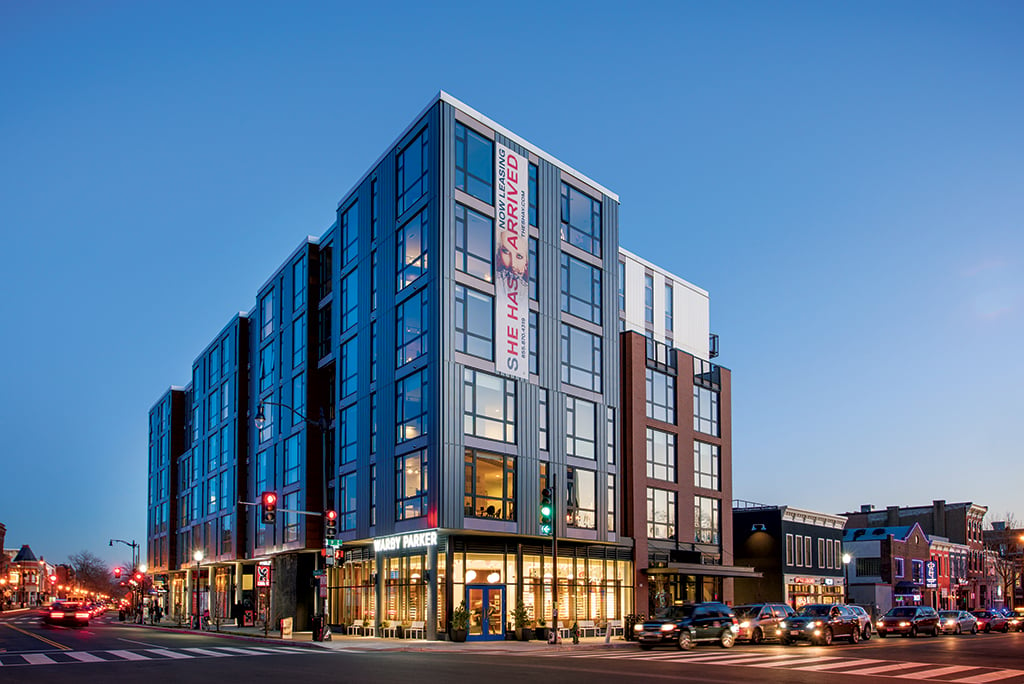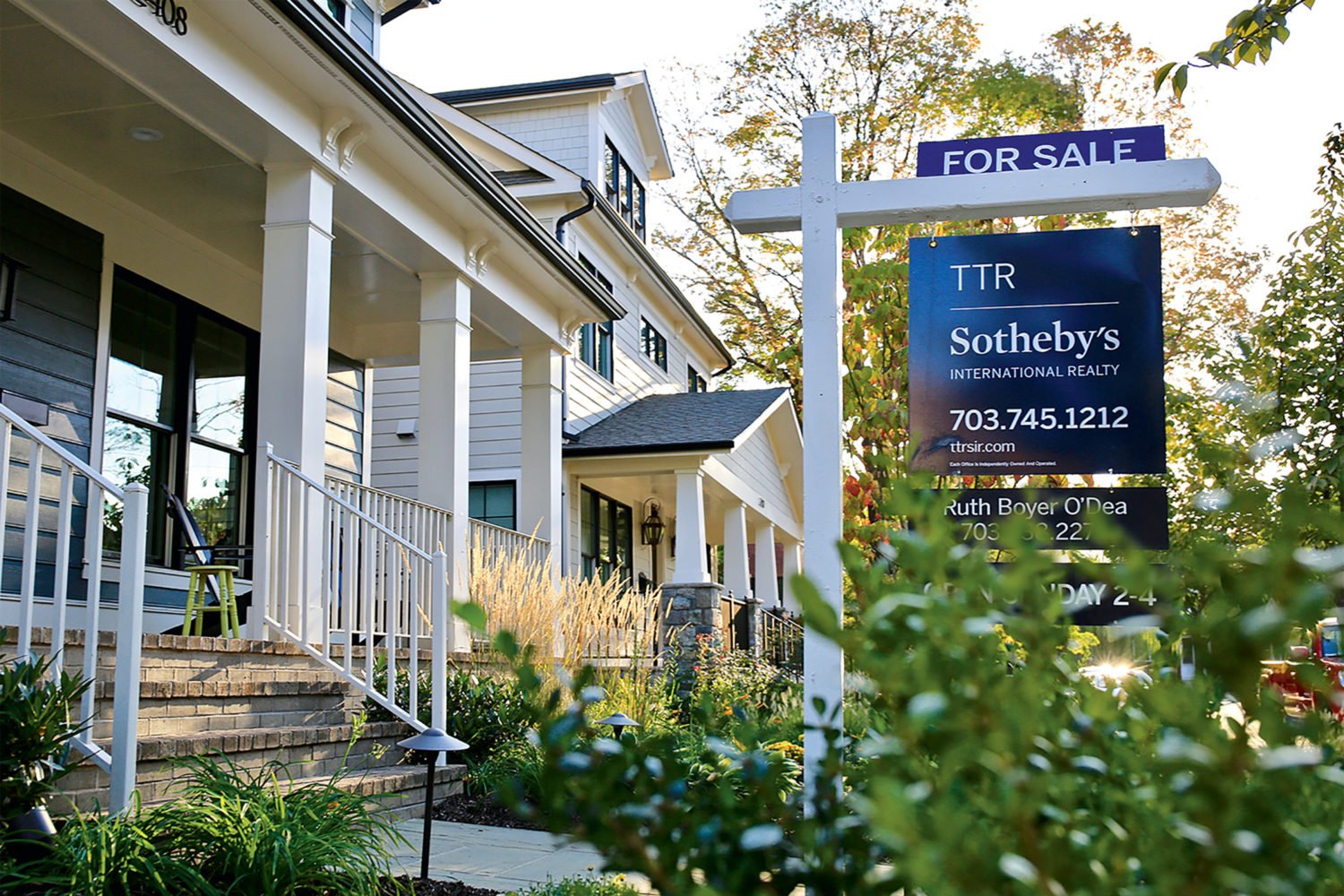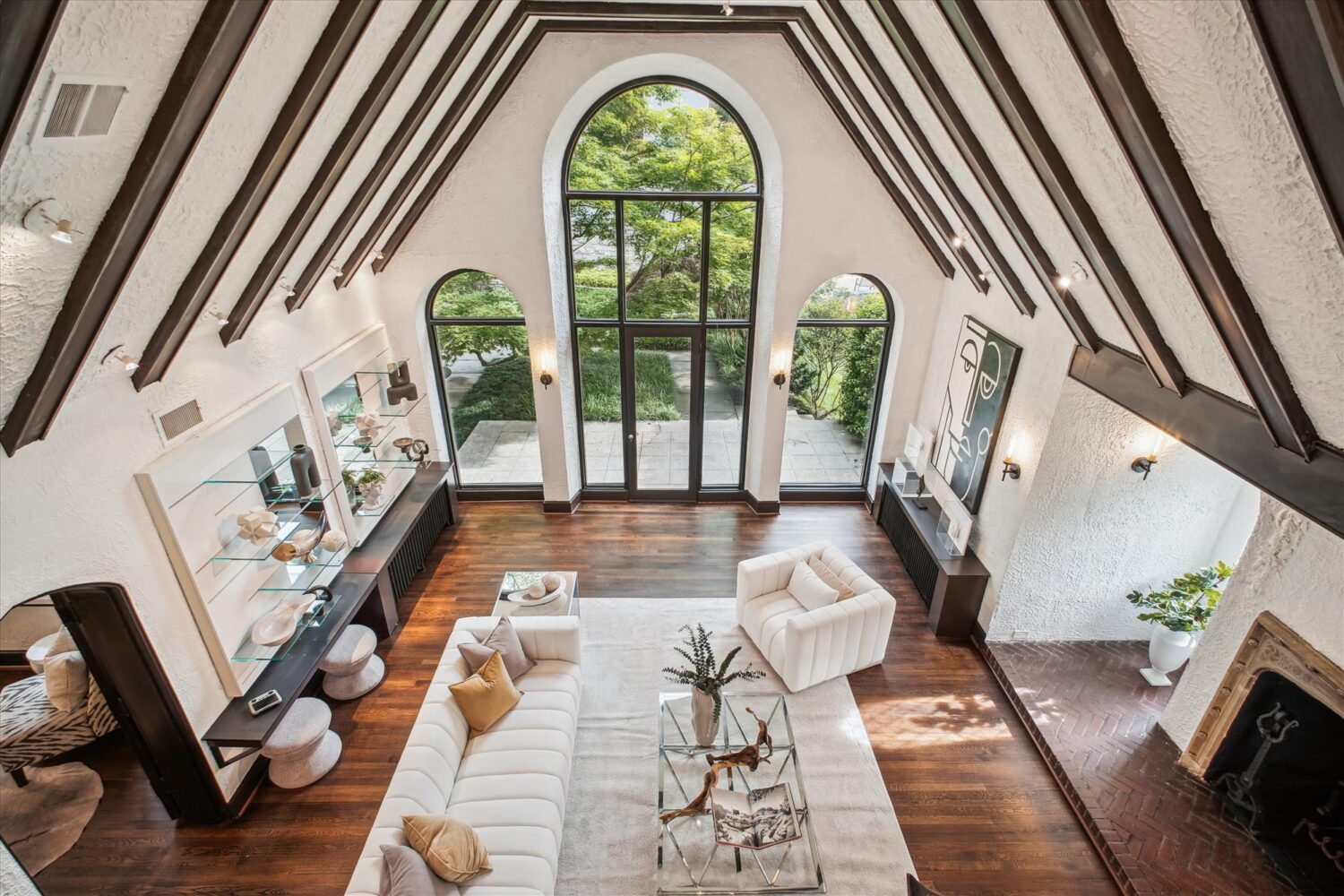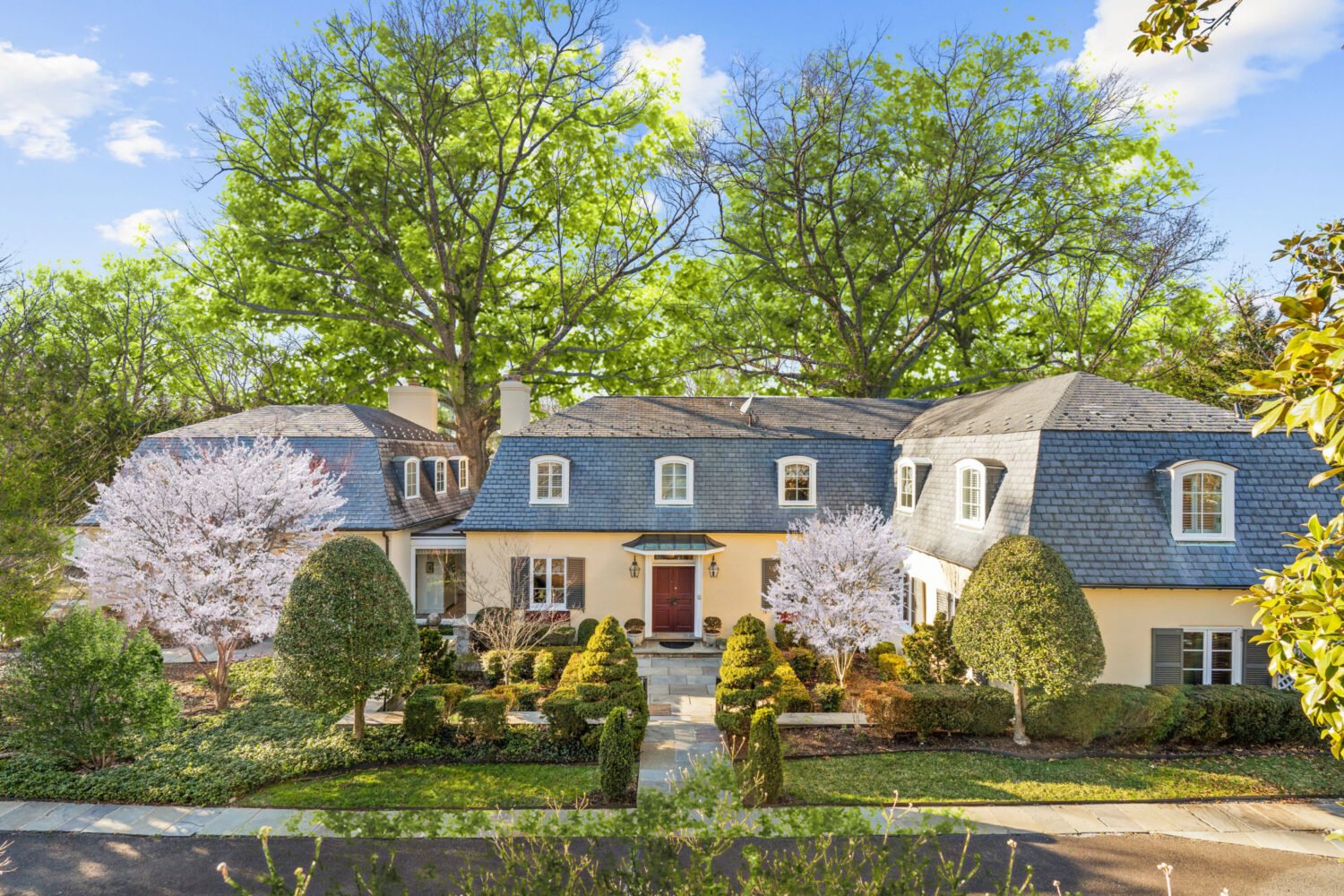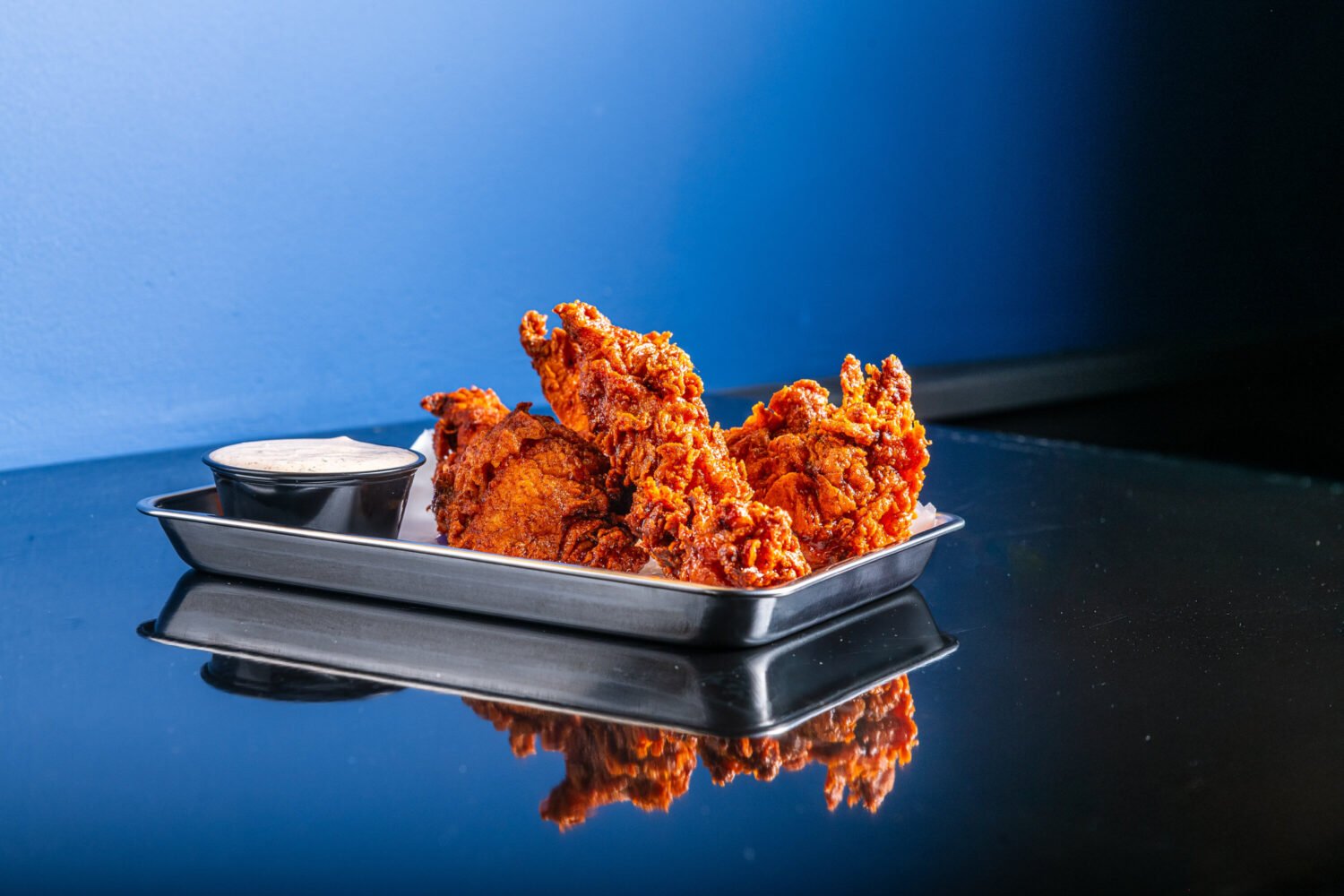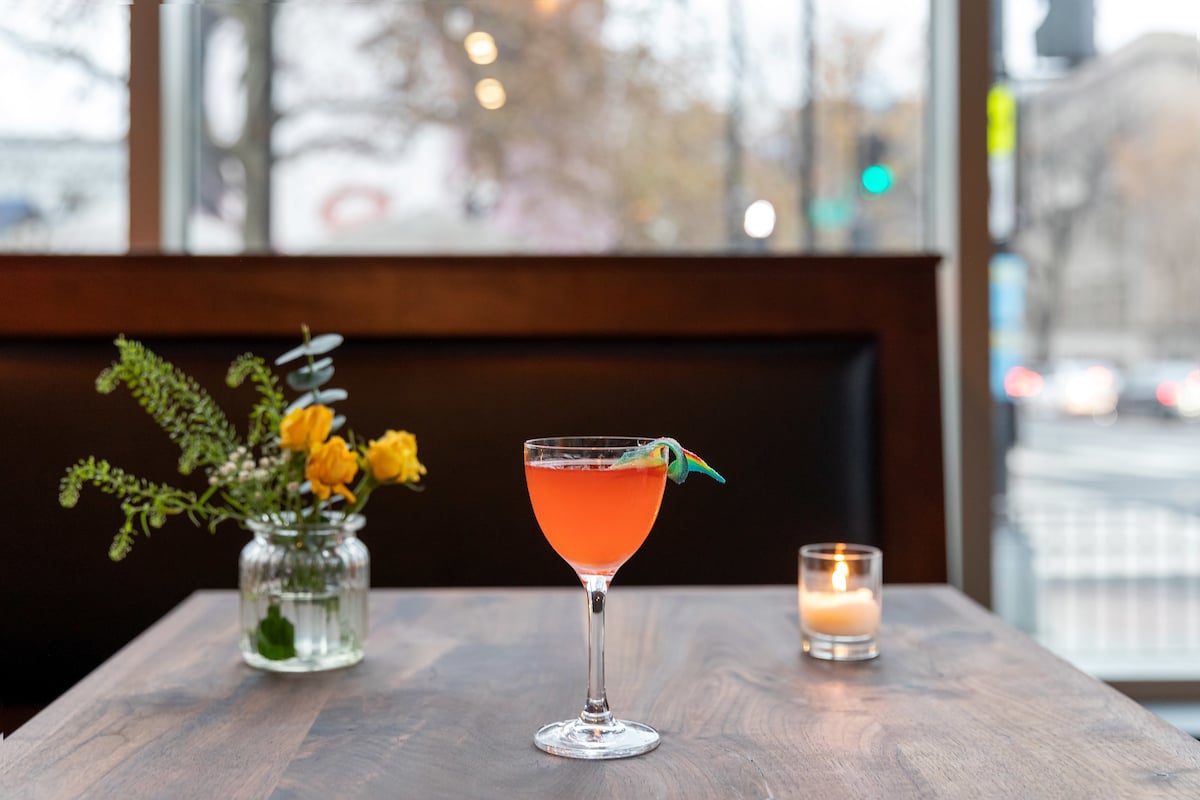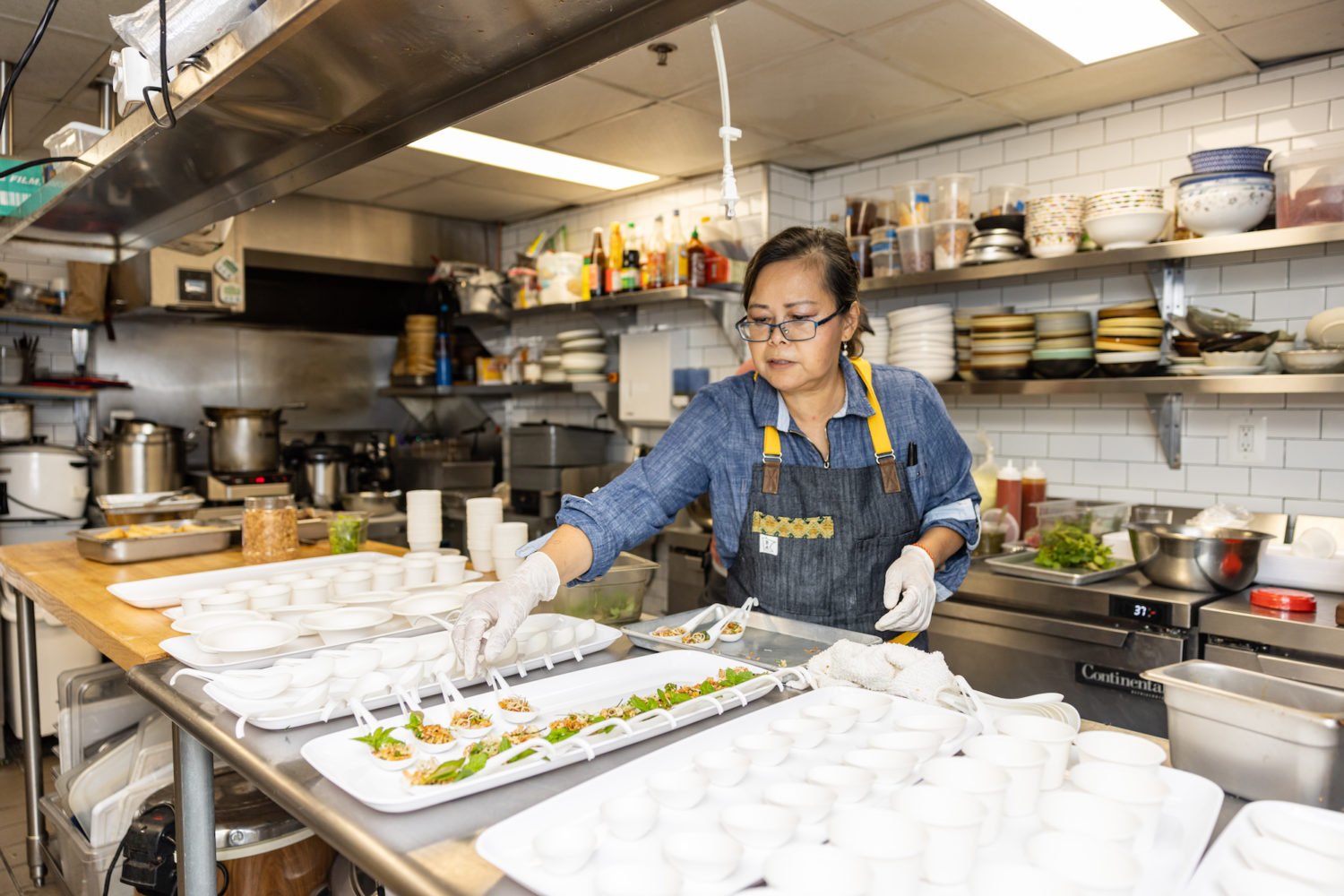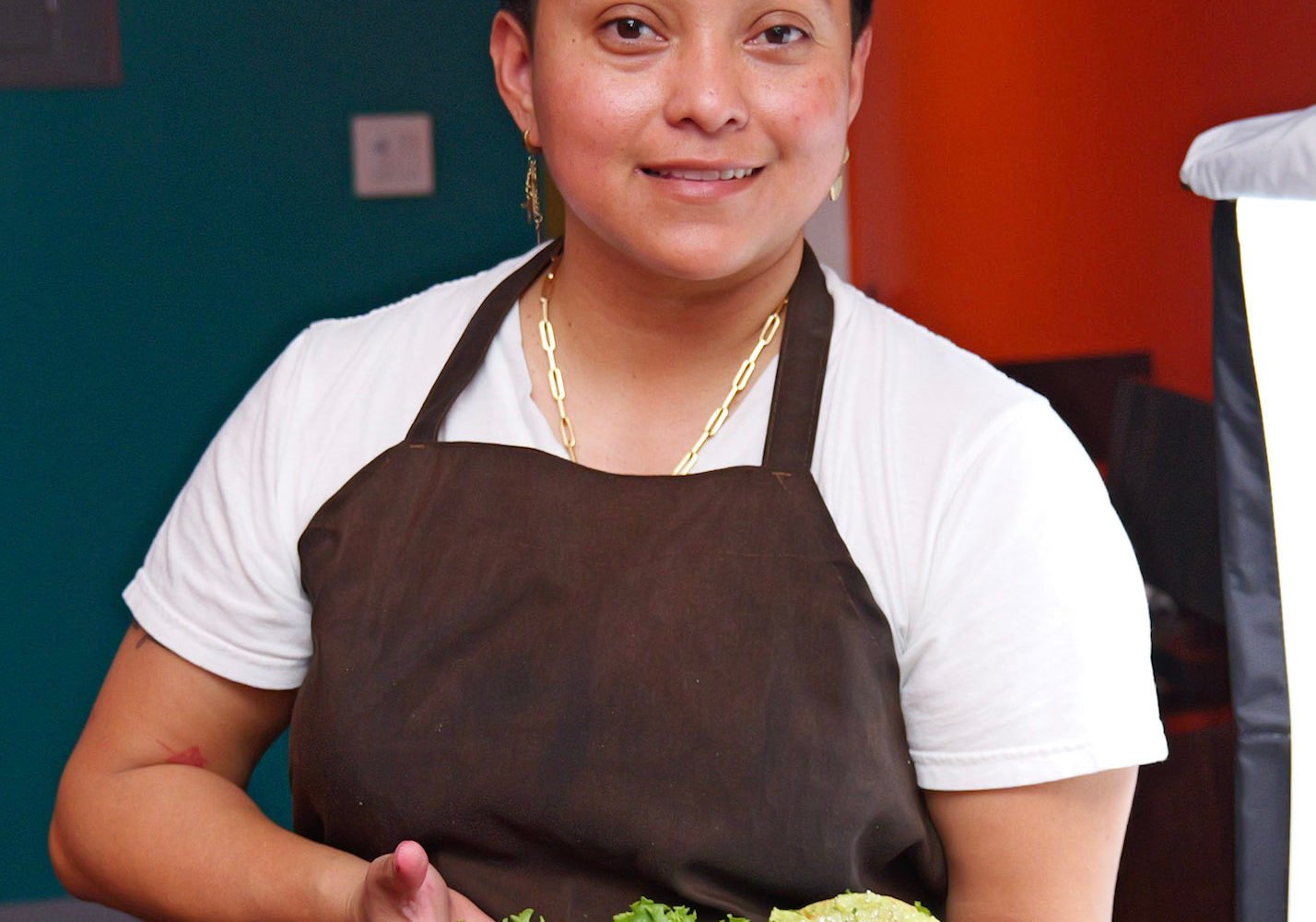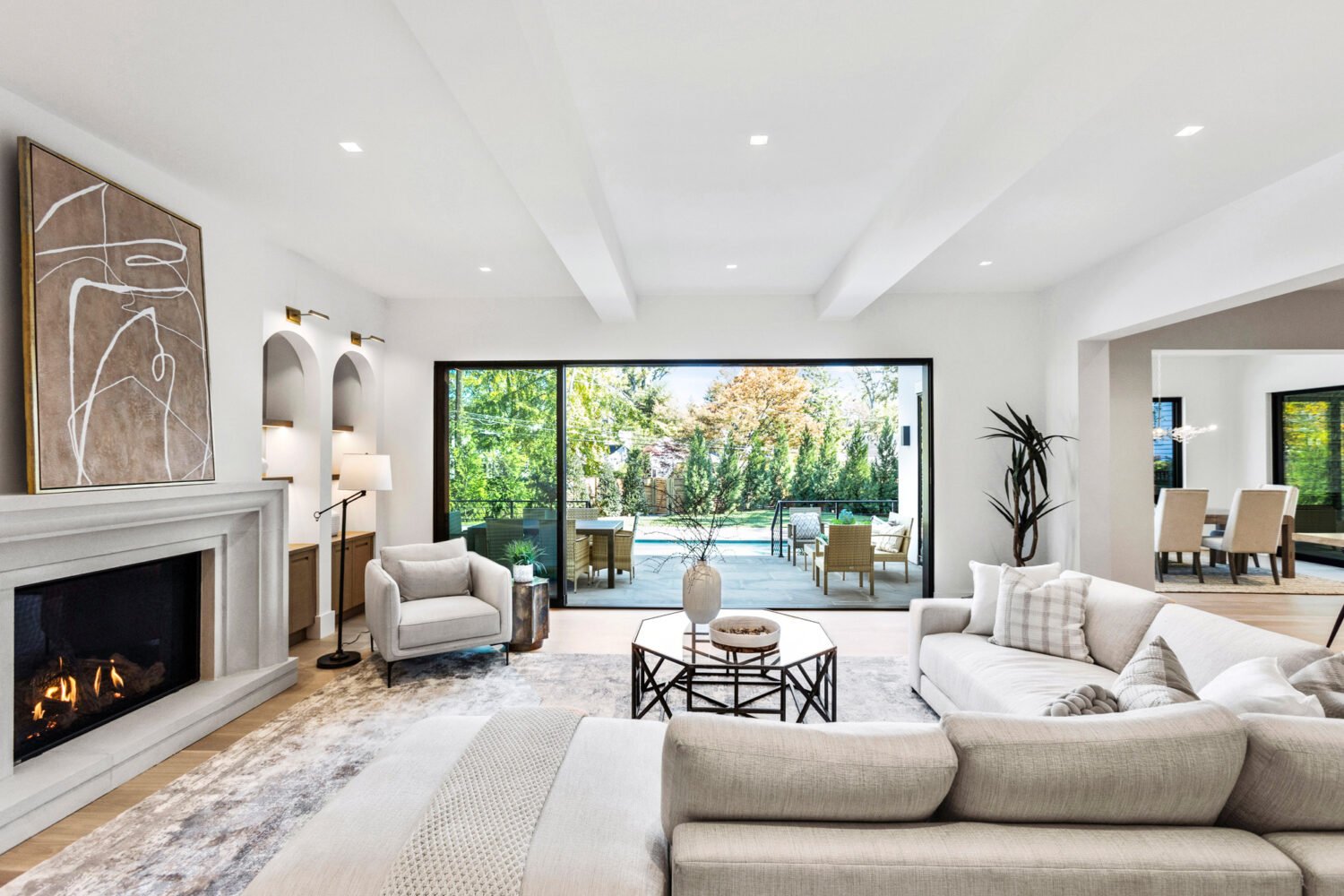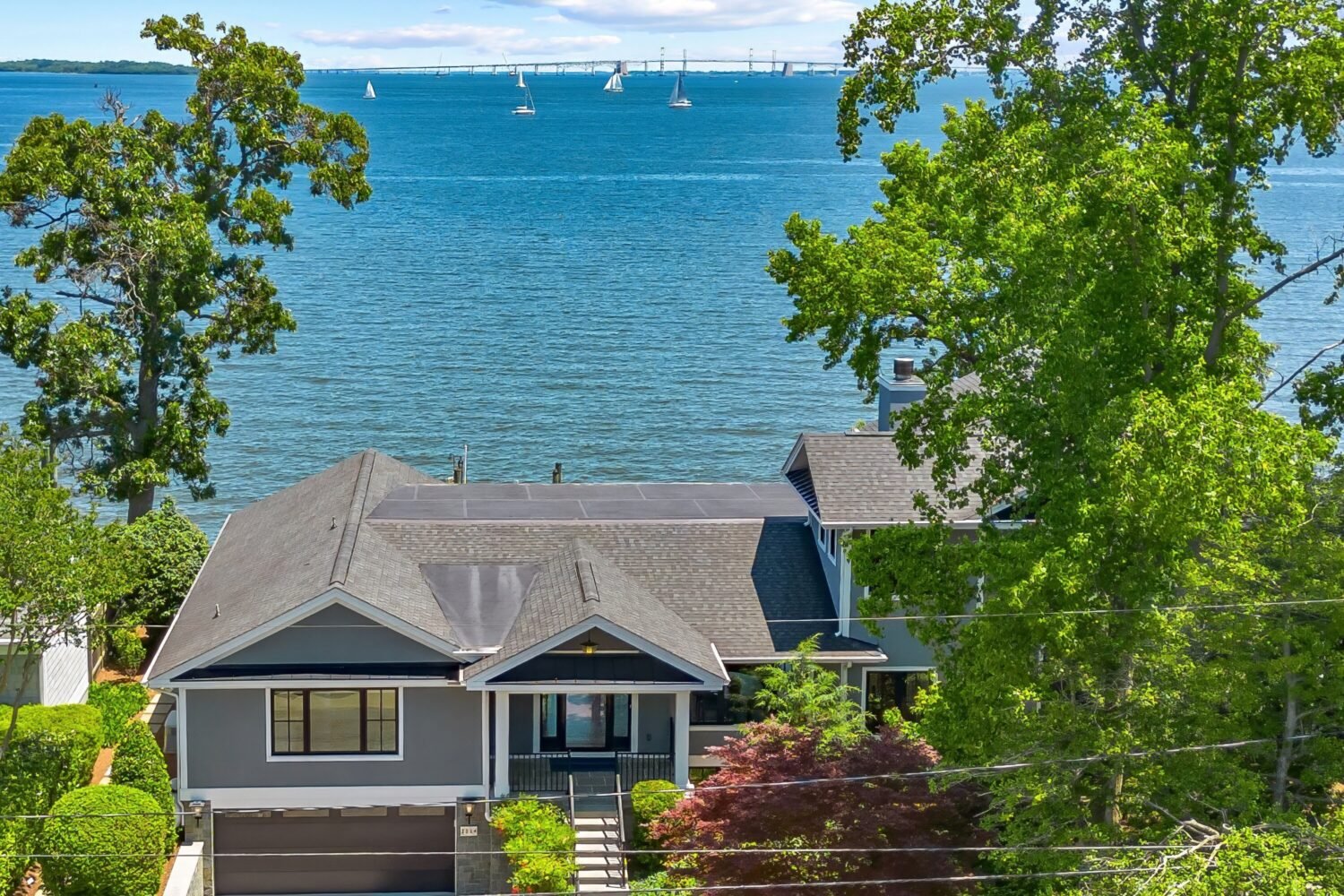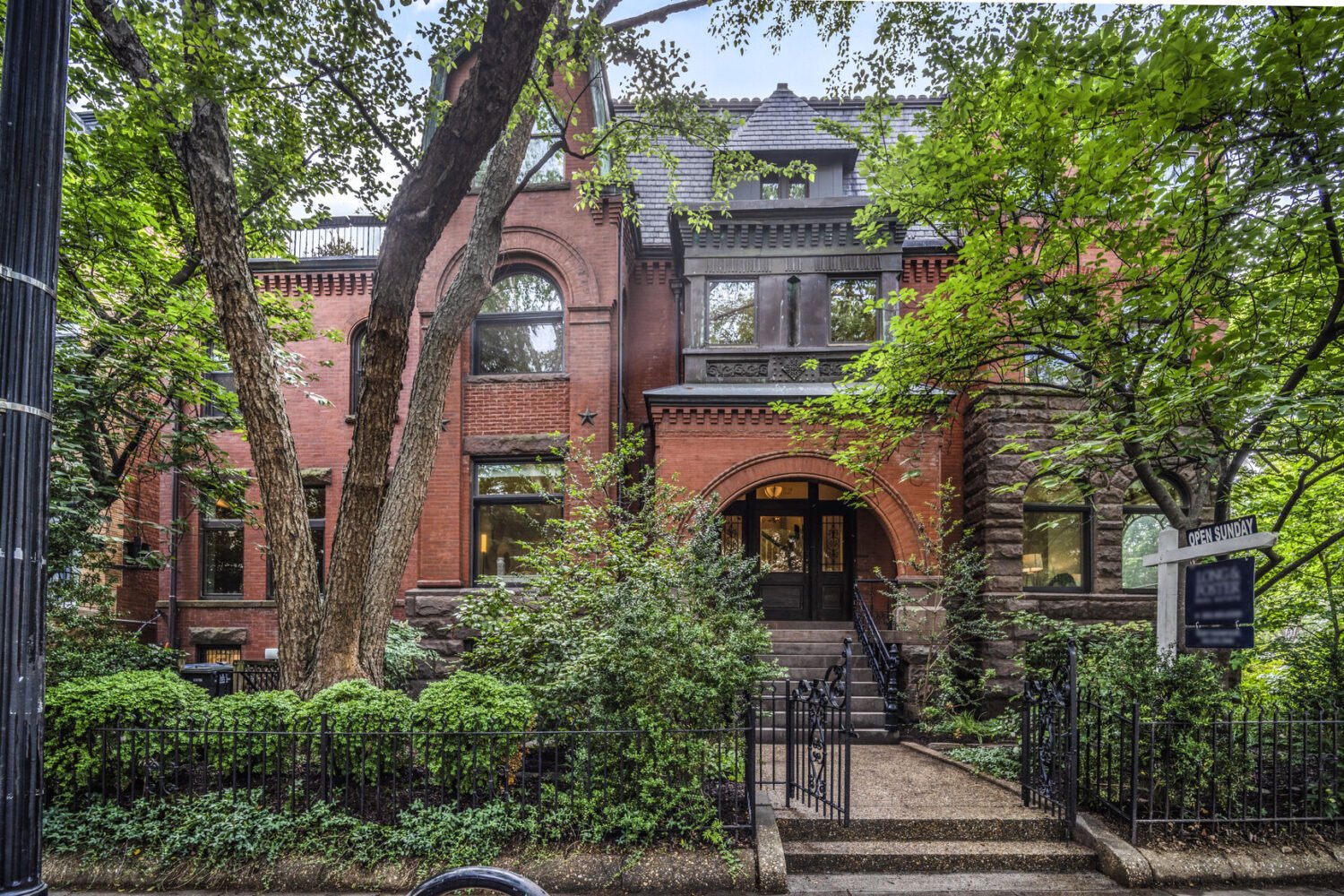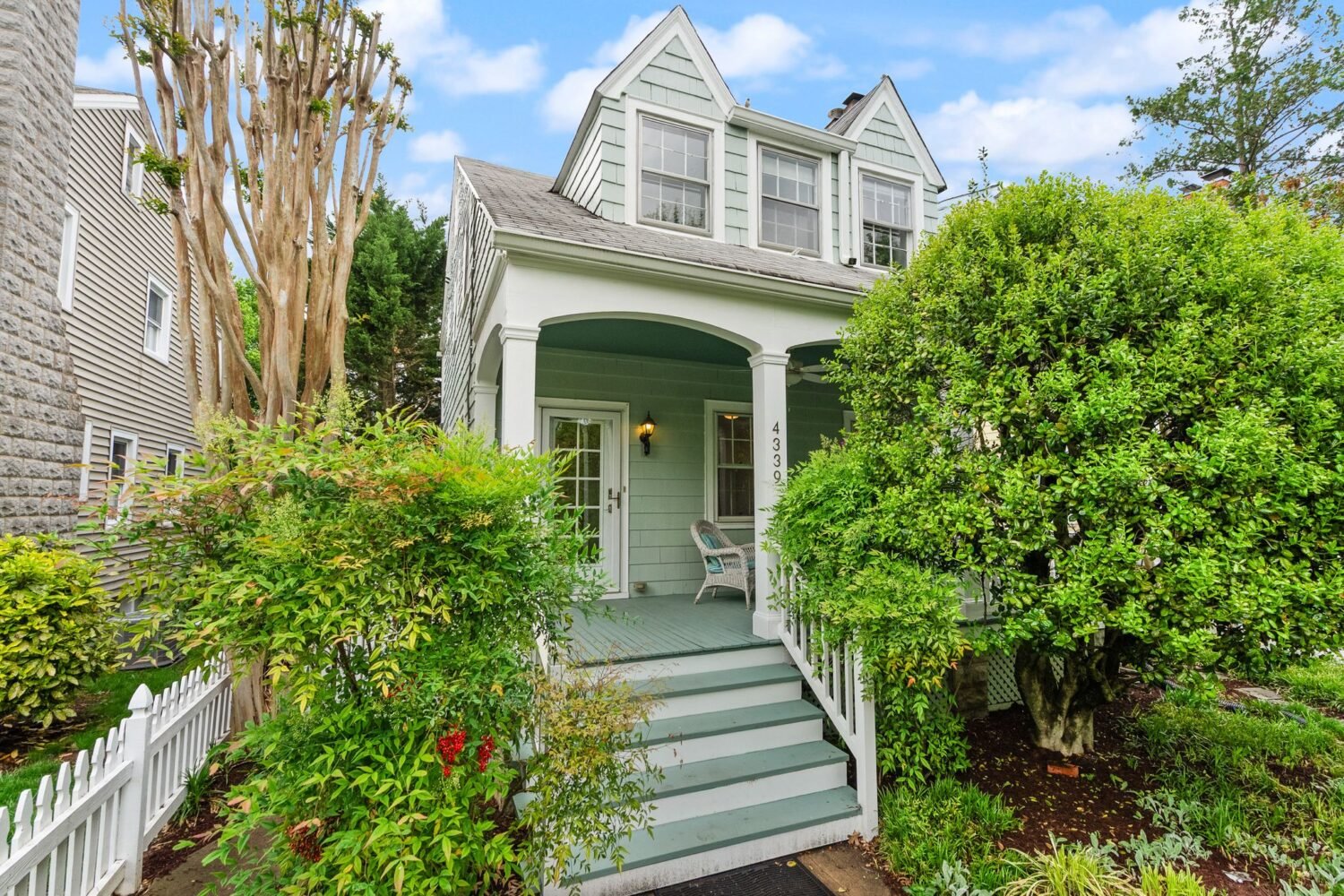Around this time last year, things weren’t looking good for the Shay—JBG Smith’s splashy mixed-use development at 8th and Florida avenues, Northwest. Shops Chrome Industries, Kit and Ace, Steven Alan, Frank and Oak, and Bucketfeet had all shuttered, and Glen’s Garden Market would soon follow suit.
But JBG Smith’s vice president of retail leasing, Amy Rice, says the project’s early growing pains are behind it. “When we had some of the first-generation retailers close, it afforded us an opportunity to reevaluate our overall retail and merchandising mix for the neighborhood,” she says. “The lessons we learned have helped inform us for the re-leasing.”
The difficulties at the Shay are emblematic of nationwide challenges. As consumers do more and more of their shopping online, developers— including JBG Smith—have had to get increasingly creative to keep shoppers coming back to their projects.
Even so, when the developer opened the Shay in 2015, it intentionally employed a risky strategy, relying heavily on soft goods retail (i.e. shoes and clothes) rather than restaurants, and services such as fitness studios. It did so to set the Shay apart, billing it as a hip shopping district unlike anything else in DC, and even bestowing a new name on the surrounding neighborhood, “North End Shaw.”
Rice acknowledges the original strategy leaned too heavily on soft goods, and particularly on brands that were too high-priced for the area—such as Kit and Ace, purveyor of $120 cashmere sweatpants. When signing new tenants for the vacated storefronts, she says JBG Smith has sought more food and services, and more reasonably priced shopping—“not retailers you only visit once a year for holiday shopping, or buying something special.”
Also important to Rice in the age of Amazon Prime: Tenants who are willing to engage with customers beyond just selling them something. She points to Violet Boutique, which opened at the Shay this past spring. Aside from selling women’s clothing, Rice says the shop has hosted styling sessions with clients, and has partnered on in-store events with neighboring businesses. Plant store Rewild, which opened at the Shay in October, similarly hosts events like terrarium-making classes, and offers consultations to help shoppers decide which plants will work in their homes.
Both businesses are locally owned, another plus for Rice. “A lot of the retailers we had [before] were national or international,” she says. “What we’re really focused on now are local operators, and because they’re local, their owners are here and they can do these unique collaborations.”
While not local, online retailer Modcloth, which opened its first brick-and-mortar store at the Shay in August, belongs to another business model that has succeeded there. Like Bonobos—an original tenant that has thrived at the development even as its neighbors faltered—Modcloth does not actually sell clothes on premises. It’s basically a showroom, in which shoppers try on samples, then order whatever they want to be shipped to their homes. The model is cheaper than traditional retail for tenants, since they don’t have to lease extra space to store inventory.
Other Shay newcomers this year include The Shop hair salon and a Nicecream ice-cream parlor. Restaurateur Daniel Kramer is planning a Korean barbecue restaurant, and Union Kitchen will move into the former Glen’s Garden Market space.
Rice says the lessons learned at the Shay are also informing how JBG Smith is leasing the retail space at its pair of Atlantic Plumbing projects a block north. Arlington bar owner Scott Parker announced Friday that he will open a fried chicken and oysters restaurant in January in the former Tasty Burger space beneath the Atlantic Plumbing apartments. Tasty Burger, a New England chain, opened there in 2016, but closed in October.
“Scott Parker is another example of the local operator. He’s in tune with the market, he’s in tune with the neighbors, and he’s going to be responsive to what their needs are,” says Rice.
JBG Smith’s third Atlantic Plumbing building will open next year. Rice says the developer is targeting a mix of full-service and fast-casual restaurants, and boutique fitness studios to lease the ground-floor retail. But, she says, “We’re not abandoning soft goods altogether. We do think there’s an opportunity there for a great homegoods operator.”
She points out that a housewares store carries items that shoppers may need last-minute—such as host/hostess gifts—as well as more things they’ll want to touch and see in-person, rather than order online.
During its first round of leasing in the neighborhood, JBG Smith used a unique lease structure that made it easier for tenants to leave. Steve Gaudio, formerly a vice president at the developer, explained to Washingtonian in April: “[The leases] allowed some of the retailers to pay the rent based on a percentage of sales, instead of a guaranteed rent number … There was a risk that their percent of sales would never be that high, so there were different flexibilities for both the landlord and the tenant to determine, if this didn’t work out, that they could walk away.”
For the new leases, Rice says such agreements have not been necessary. However, JBG Smith is not binding its tenants to traditional 10-year leases, which were once standard. Instead, Rice says many of the new retailers have signed on for two to five years. “We love startups. They’re what build and grow authentic neighborhoods,” she says. “To tell a fledgling startup they have a 10-year commitment, that’s a long time. So we have found [shorter leases] to be a win-win.”
Shorter leases are a national trend, with some projects in LA and New York even building in permanent pop-up space to accommodate a constant rotation of new retail. Rice says that’s something JBG Smith has considered. “It’s a little bit like an art gallery, when you’re thinking about curating retail,” she says. “You need to have a reason to bring people back again and again.”

